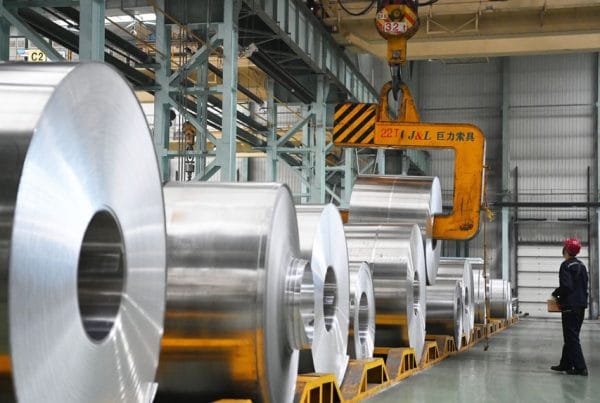In one year, the average annual cost of fuel for a truck rises from 31,600 to 43,000 euros. This increase anticipates further price rises in the shopping basket.
/cloudfront-eu-central-1.images.arcpublishing.com/larazon/PBEC64JZKJE2XEB6WLZ44WEYQM.png)
Haulage companies are not getting any scares. In addition to supply problems, which is stifling sectors such as vehicle carriers, the lack of spare parts and the shortage of drivers willing to accumulate day after day, there is the incessant escalation of fuel prices, which already represents 36% more than the average annual cost for transport companies.
According to data from the Cost Observatory of the Ministry of Transport, Mobility and Urban Agenda (Mitma), if in 2020 the fuel of a single articulated general cargo vehicle that has traveled 120,000 kilometers per year has meant 31,600 euros of annual cost, in 2021 the same route has involved 42,888 euros. For a company with a fleet of four vehicles, the national average, the annual expenditure amounts to 171,332 euros, and for a fleet of eight it amounts to 343,104 euros per year. This is an increase that anticipates further rises in the prices of the shopping basket, since most of the products are moved by road.
/cloudfront-eu-central-1.images.arcpublishing.com/larazon/CTPRTCW3S5HNXCOZ5RGMR5JZVE.png)
Faced with this situation, the Valencian Federation of Transport and Logistics Entrepreneurs (FVET) warned yesterday in a statement the scenario is "worrying" because the price escalation does not stop. According to data provided by this federation, in December 2021 the price of fuel stood at 1.35 euros per liter, and this translates into 4,725 euros per month per vehicle onlyin this concept.
"Fuel accounts for 31% of the total costs of companies in the sector, one of the most significant items. We notice its increase month by month, vehicle by vehicle. Without the possibility of being able to pass it on, the price increase could put an end to many transport companies in the Valencian Community," said Carlos Prades, president of FVET, which brings together 14,800 companies in which more than 94,000 transport professionals work.
Last December, the Ministry of Transport, Mobility and Urban Agenda undertook the commitment to articulate the legal mechanisms within a maximum period of 60 days to make effective the clause that would allow this price increase to be passed on, the carriers recall.
However, the sector is still waiting for the legal text, in addition to the formalization of the other commitments made in the agreement, such as the prohibition of loading and unloading for the driver, the reduction of waiting times after which the carrier is entitled to compensation (from two to one hour), the provision of basic services to rest areas and the creation of safe parking areas for the sector, among others.
"We need the immediate application of the legal text to enforce the fuel price review clause and the rest of the demands of a strategic sector, such as road freight transport. From the Federation, as part of the National Road Transport Committee, we will be watching the movements of the ministry," added Prades.
The road transport sector has already accumulated a rise of more than 30% in diesel costs over the whole of last year. If fuel represents more than 30% of the operating costs of an articulated vehicle, according to the calculations of the sector's employers' associations, it would mean a 7.5% increase in prices for transport services just to compensate for the increase in the price of diesel. Since then, the price has continued its slow but relentless escalation.
The average price of a liter of diesel stood last week at €1.444, equaling the level set in September 2012 as an all-time high. Filling a 55-liter tank of diesel already amounts to about 79.4 euros.
News from La Razón.es



